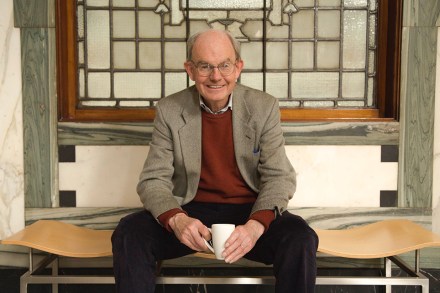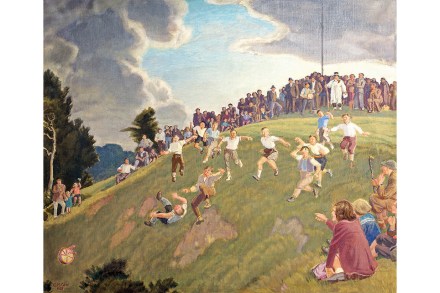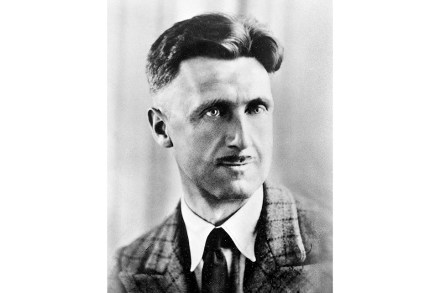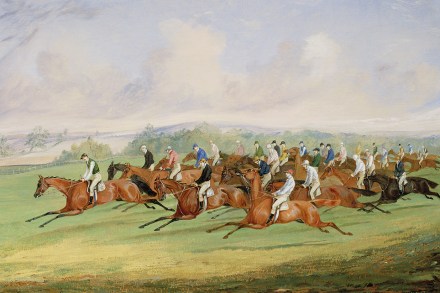Chris Mullin’s eye for the absurd remains as keen as ever
More from BooksJournalists seldom get to the top in politics. They find it hard to trot out the dreary virtue-signalling that political communication often requires. Chris Mullin, I suspect, finds it almost impossible. He was a Bennite, but the Bennites quickly discovered he was unreliable. The Blairites might have welcomed him had they not suspected, rightly, that






























